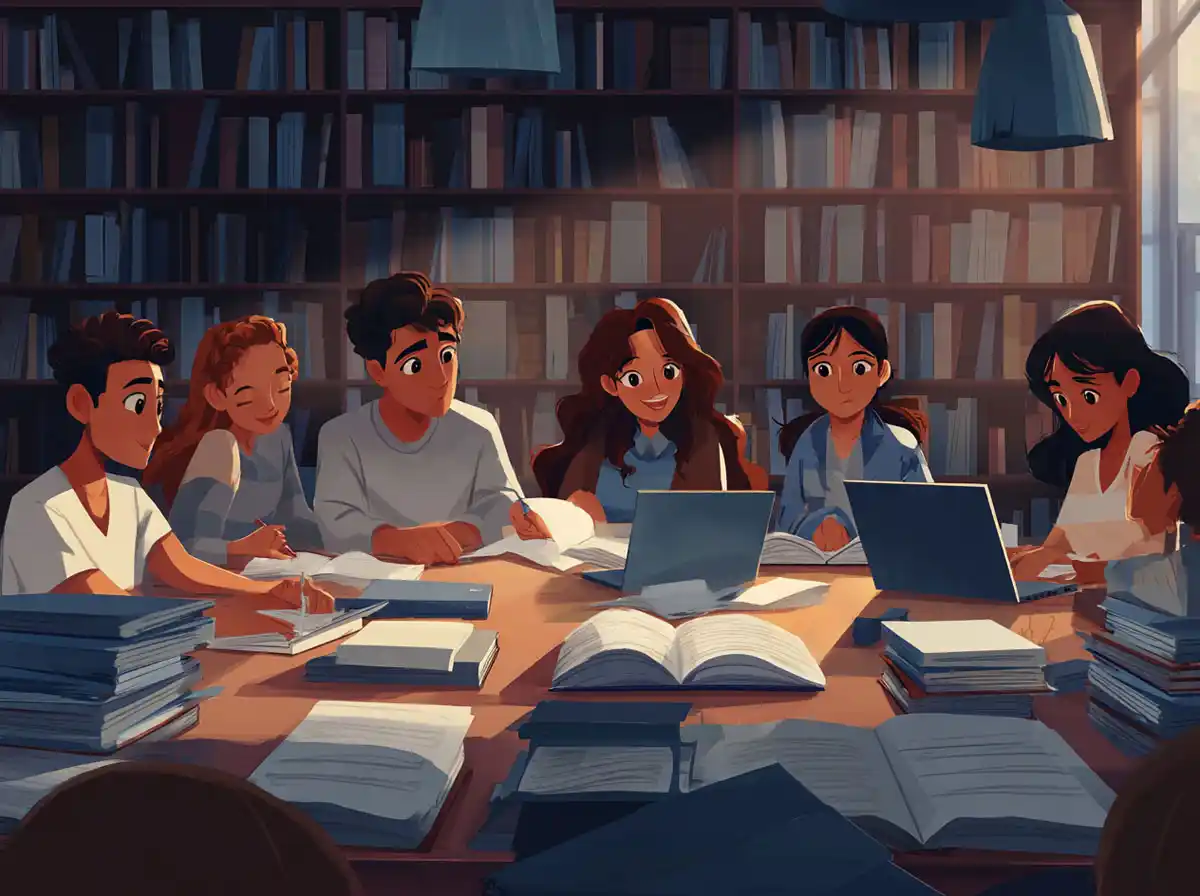Why Use a Movie to Learn German?
Using a movie to learn German is more than just passive entertainment; it’s an effective educational tool for several reasons:
- Contextual Learning: Movies provide language in context, helping learners understand how words and phrases are used naturally in everyday conversations.
- Listening Comprehension: Exposure to different accents, speeds, and intonations enhances auditory skills crucial for real-life communication.
- Cultural Insight: Films reveal social norms, humor, idioms, and traditions, offering a deeper cultural appreciation that textbooks often miss.
- Vocabulary Expansion: Repeated exposure to words and expressions within meaningful contexts promotes better retention.
- Motivation and Engagement: Enjoying stories and characters keeps learners motivated to practice regularly.
Integrating movie watching with platforms like Talkpal, which provide interactive language practice, accelerates progress by allowing learners to apply what they hear and see in conversations.
How to Effectively Use a Movie to Learn German
Simply watching a movie isn’t enough to guarantee language improvement. To make the most of a movie to learn German, consider the following strategies:
1. Choose the Right Movie
Selecting an appropriate movie based on your proficiency level and interests is crucial:
- Beginners: Choose films with simple dialogue, clear pronunciation, and everyday vocabulary.
- Intermediate learners: Opt for movies with more complex narratives and slang to challenge comprehension.
- Advanced learners: Select films featuring regional dialects, cultural references, and nuanced language.
2. Use Subtitles Strategically
Subtitles are powerful learning aids but should be used wisely:
- Start by watching with German subtitles to connect spoken words with their written form.
- Switch to English subtitles only when necessary to avoid over-reliance.
- Try watching without subtitles to test your listening comprehension as you progress.
3. Break It Down
Watching the entire movie in one sitting might be overwhelming. Instead:
- Divide the movie into manageable scenes or segments.
- Focus on understanding each segment fully before moving on.
- Repeat scenes to catch missed words or expressions.
4. Take Notes and Review
Active learning improves retention:
- Write down new vocabulary, phrases, or idioms.
- Look up unfamiliar words and record their meanings.
- Practice using these expressions in your daily conversations or with Talkpal’s interactive tools.
5. Practice Speaking and Listening with Talkpal
After watching a movie, reinforce learning by:
- Engaging in conversations on Talkpal to use new vocabulary and sentence structures.
- Using Talkpal’s voice recognition to improve pronunciation.
- Participating in language challenges or chat groups themed around the movie’s topics.
Top German Movies to Learn German
Choosing the right movie is key to maximizing language acquisition. Here are some excellent German movies suited for different learning levels:
1. For Beginners
- “Good Bye Lenin!” (2003): A comedic drama with clear dialogue about East and West Germany’s cultural clash.
- “Das Kleine Gespenst” (The Little Ghost) (2013): A children’s movie featuring simple language and charming storytelling.
- “Lola rennt” (Run Lola Run) (1998): Fast-paced and engaging, with everyday vocabulary and repetitive dialogue.
2. For Intermediate Learners
- “Oh Boy” (2012): A slice-of-life story with conversational language and urban slang.
- “Toni Erdmann” (2016): A comedy-drama with natural dialogues and cultural references.
- “Das Leben der Anderen” (The Lives of Others) (2006): A gripping thriller with formal and informal speech.
3. For Advanced Learners
- “Der Untergang” (Downfall) (2004): A historical drama with complex vocabulary and emotional intensity.
- “Barbara” (2012): A nuanced drama exploring themes of trust and freedom, featuring subtle language.
- “Die Welle” (The Wave) (2008): A thought-provoking film with sophisticated dialogues and social commentary.
Additional Tips to Enhance Learning with Movies
To optimize your experience when using a movie to learn German, consider these supplementary tips:
- Watch with a Language Partner: Discuss scenes and new vocabulary together to deepen understanding.
- Use Language Learning Apps: Complement movie watching with apps like Talkpal for speaking and interactive exercises.
- Create Flashcards: Turn new words and phrases from movies into flashcards for spaced repetition.
- Engage with German Subcultures: Explore genres like German comedy, drama, or documentaries to diversify vocabulary.
- Set Realistic Goals: Aim to learn a certain number of new words or phrases per movie session.
The Role of Talkpal in Complementing Movie-Based Learning
While movies provide excellent input, active practice is essential for language mastery. Talkpal offers a dynamic platform to complement your movie-based learning by:
- Offering interactive speaking exercises that mimic real-life conversations based on movie themes.
- Providing instant feedback on pronunciation and grammar to reinforce correct usage.
- Connecting learners with native German speakers for immersive practice.
- Customizing lessons based on vocabulary and grammar learned from movies.
This integration of passive input through movies and active output through Talkpal creates a balanced and effective learning environment.
Conclusion
A movie to learn German is an invaluable resource that combines entertainment with education, offering immersive listening practice, cultural insights, and vocabulary building. By choosing the right films, using subtitles effectively, breaking down content, and actively engaging with new language through tools like Talkpal, learners can accelerate their German proficiency in an enjoyable and motivating way. Whether you are a beginner or an advanced learner, incorporating movies into your study routine along with interactive platforms will make your language journey richer and more successful. Start exploring German cinema today and watch your language skills flourish!










